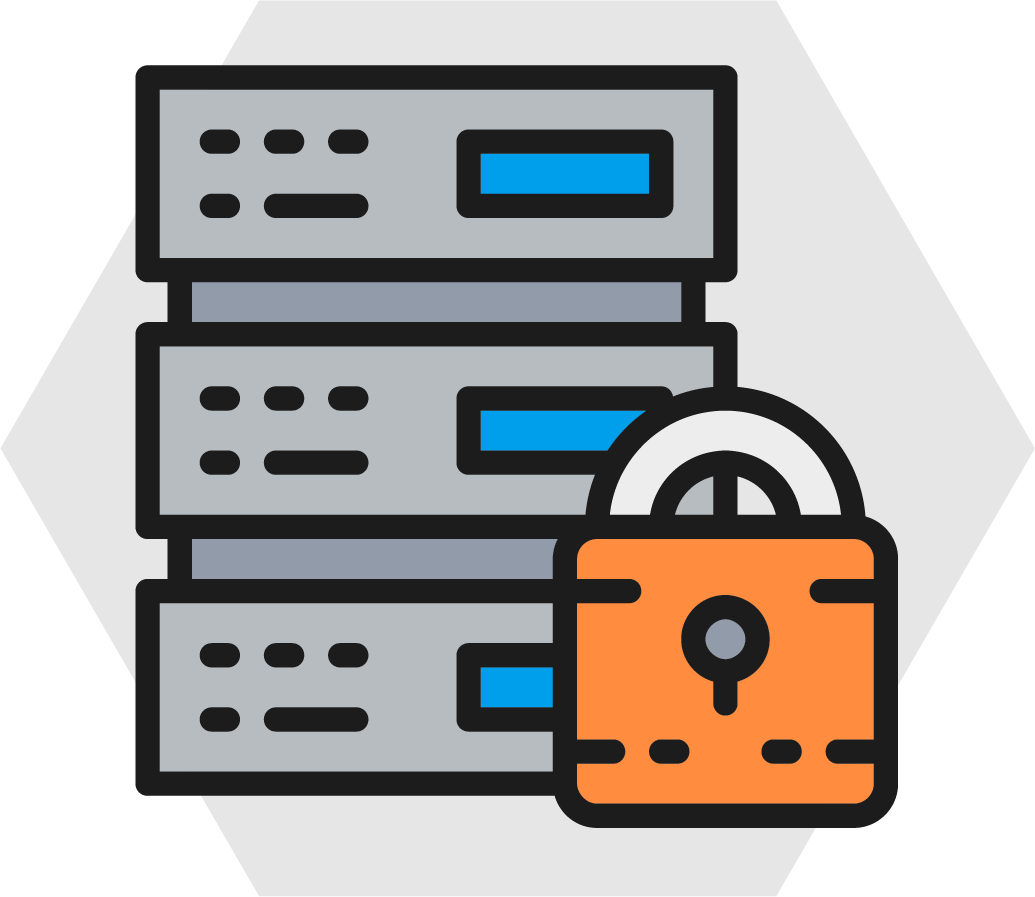Digital Compliance
As the world becomes more accustomed to finding everything through a digital method, laws and practices will continue to evolve the guidelines that govern best practices. It can be extremely time consuming to research and keep up with the changing trends in online compliance. We offer help in guiding your business towards best practices. This can mean reviewing or implementing website design and cookie policies, to making sure your site is accessible to people with disabilities, or helping work on ways to protect sensitive data that needs to be used for ecommerce.
Top 10 Reasons Digital Compliance Is Important To Your Business
- Legal Obligations: Digital compliance helps organizations meet their legal obligations and avoid potential penalties for non-compliance.
- Data Privacy: Digital compliance helps organizations protect sensitive information, such as customer data and financial information, from unauthorized access and breaches.
- Reputation: Compliance with industry regulations and standards helps organizations maintain a positive reputation and build trust with customers.
- Security: Digital compliance helps organizations secure their systems and data from cyber threats and attacks.
- Cost Savings: Implementing digital compliance measures can help organizations reduce costs associated with data breaches and potential lawsuits.
- Competitive Advantage: Organizations that prioritize digital compliance are better positioned to compete in the market, as customers and partners are more likely to trust them.
- Business Continuity: Digital compliance helps organizations ensure business continuity in the event of a data breach or cyber attack.
- Employee Training: Digital compliance helps organizations provide employees with the necessary training and resources to maintain compliance and secure information.
- Improved Operations: Digital compliance can help organizations streamline processes and improve overall efficiency.
- Regulatory Requirements: Digital compliance helps organizations stay up-to-date with changing regulatory requirements and avoid penalties for non-compliance.








